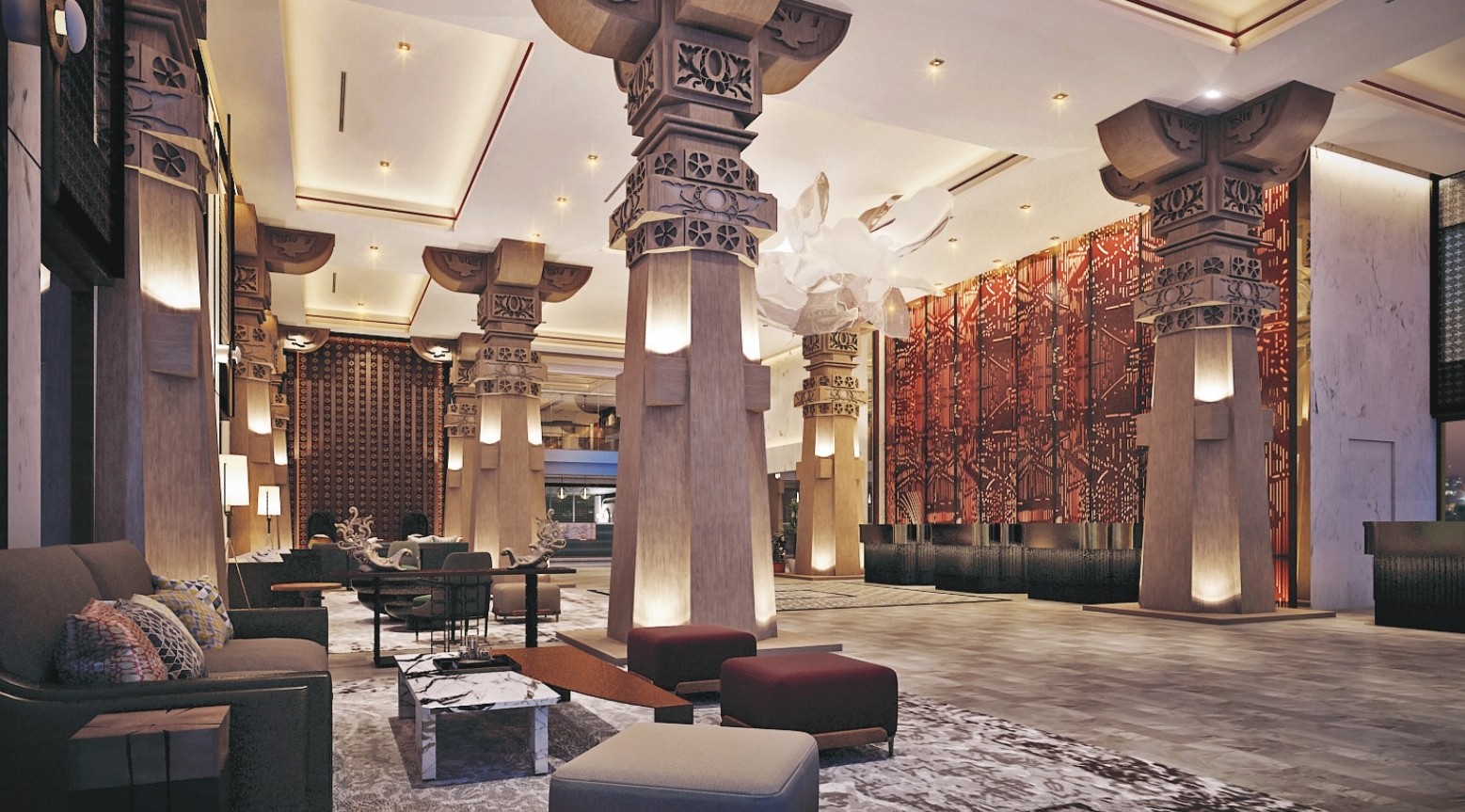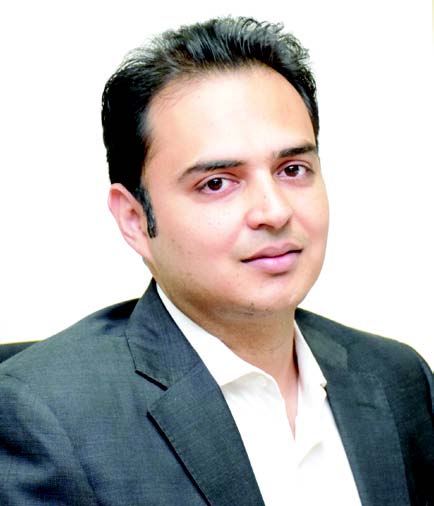Karma Group, the brainchild of British-born entrepreneur, John Spence, was started over 27 years ago, with their first property in Goa. Spence’s vision for Karma Resorts pioneered the luxury private pool villa experience. Currently, the group owns and operates 33 resorts across 10 countries, with an additional six under development. The group comprises an impressive portfolio of brands such as Karma Estates, Karma Resorts, Karma Retreats, Karma Royal, Karma Beach, Karma Spa, Karma Kasa, Karma Club, and Karma Boutique. Asmita Mukherjee spoke with Spence to know more about the expansion and investment plans for the group.
Kindly brief us about Karma Group’s portfolio.
Our portfolio is incredibly extensive and covers many different countries and many different resort types. We started our first resort on the beaches of Goa.
We have had very humble beginnings and from there we grew and opened many resorts in India. Goa remains very close to us and we have 4 resorts there and opening the fifth resort soon. We are also present in Jaipur, Udaipur, Kerala and are planning to open many more resorts in India.
We have many resorts in Jakarta, Bali, Java, Vietnam, Thailand, and Australia. A number of years ago, we decided to come over to Europe, as we wanted to buy resorts. Primarily, our target clientele is Indian, South Asian and Australian consumers.
Karma Group also has properties across England, in London, and the Cotswolds. The latest property is the Salford Hall which we acquired during the pandemic. In France, we have an 18 bedroom Chateau. We also have resorts just outside Paris. Over Germany, Karma Bavaria sits in the Alps, just below Munich offering amazing hiking, and skiing activities all around. We have many resorts in Greece and many more are coming in speed at the moment.
We have many properties in the pipeline – acquiring some in Australia, Spain, Sri Lanka and India. We now have 37 resorts that are open and are able to be open and we are hoping to have many more.
Can you please comment on your membership plans?
We are very much a private members club, more than a hotel. Our annual membership club is called the Karma Club, where people join us just for one year by paying a flat fee and during that one year, they enjoy some free accommodation nights, some discounted nights, membership benefits and they will get to experience what Karma is all about.
We also have a long membership plan called “Points Club” where people join for around 15 years, and each year they have an allocation of membership points, similar to a frequent flyer programme, and they can cash these points in for free holidays, free night stays, food and beverage, travel, spa-facilities. It’s up to them as to how they want to liquidate these points, but it helps them to enjoy free holidays over a long period of time.
We want a variety of destinations all over the world. The more the merrier. We have realised that our clients want to try different cuisines and see different places.
What has your business strategy been, during, and after the pandemic?
We see that in India, things getting more under control; the lockdown is having a tangible effect, certainly, the numbers seem to indicate that; the vaccines are being rolled out; and people will start to travel again and they will go domestically initially, just like very much all over the world it’s the which has been witnessed all over the world that domestic tourism has bounced back faster.
We have responded by acquiring extra resorts that appeal to the domestic market. In India, we’ve acquired properties in Udaipur; Bangalore, and Nandi Hills; along with that we’re about to acquire a new asset in Coorg.
In Europe, we’ve acquired in Salford Hall; and Cotswolds. We also plan to buy properties in Spain; Scotland, Indonesia, Java, Jakarta, and in various other locations.
Our strategy is very clear, in the short term, it’s domestic consumers that can drive, fly, or get within their own country; and in the long term, they have an appeal for the international market, so we can benefit in the future by bringing international clients in. So, it is double the value: initially, it’s domestic, and in the long term it is international.
Is the mix of business for hotels changed in India due to the Pandemic?
My observation is that leisure travel will rebound swiftly and very positively and hotels focusing on leisure will do very well. I think that they will see a boom period. On the other hand, the business travel sector will take a bit longer to rebound, and there are several factors for that. One is, a lot of people have seen, myself included, how easy it is to do some business via mediums such as Zoom, and remotely, and how good the technology has become.
So, I think from a business point of view, there is an element of business travel, which will be either redundant or short-term redundant because people will continue to use Zoom for convenience. A lot of firms will want to cut back on costs. They are going to want to recoup some of the money they have lost during this period. And they will see the ideal opportunity for that through the business travel expense line.
What are your plans for the future?
We have thirty-three resorts now. We’ll have forty when we emerge from the pandemic. While our land banks will take us up to fifty. I’m just going to continue doing what I love, which is picking up assets, developing them, making them beautiful, selling memberships for our club so more and more members can join us, and continue to grow our footprint around the world. It’s worked so far.
asmita.mukherjee@saffronsynergies.in






